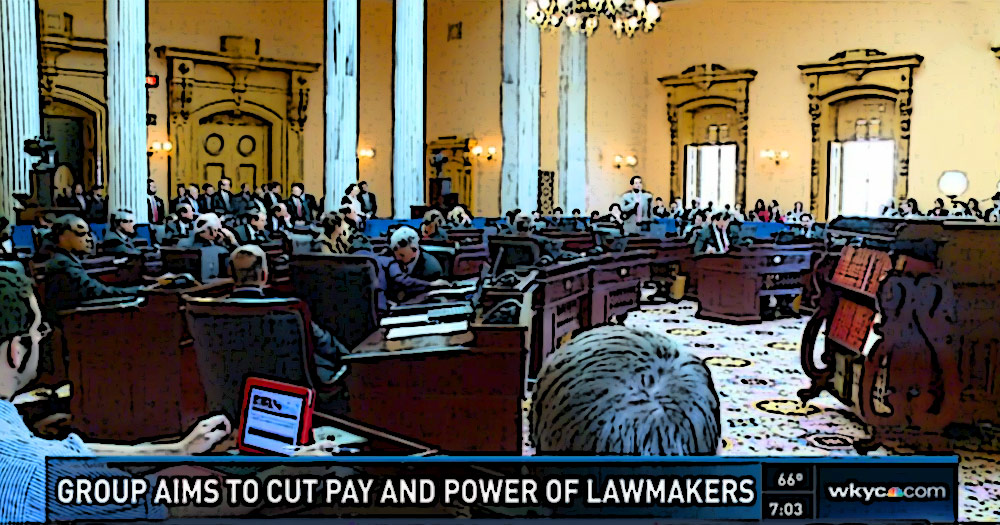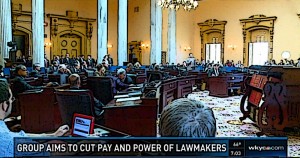Is it odd to see government employees and politicians — public servants — hold onto particular laws with a death grip?
Maybe not. In Texas, municipal government employees have been working mightily to prevent citizens from repealing local ordinances. According to a report by WOAI News Radio, the Texas “State Senate Intergovernmental Relations Committee on Monday heard horror story after horror story from citizen groups which have tried to circulate petitions calling for repeal of local ordinances.”
It’s not shocking, I suppose, since those laws may give politicians and bureaucrats more power. And perhaps there’s pride of authorship.
But, despite any merit (or demerit) these laws may possess, public servants are still public servants, which means: serve the public.
Which means: uphold democratic processes.
Government is all about processes, really. This shouldn’t be too hard.
Which is why there’s no excuse for what has been going on:
- “municipal governments … employ ‘tricks’ and intimidation in an attempt to halt citizen petition drives”;
- they cite “bogus city ‘statutes’ which invalidate signatures”; and
- “will claim that more signatures are required than the citizens group has managed to collect.”
Basically, these government bodies are setting unreasonably high and arbitrary hurdles for petitions to get on the ballot — such as requiring “birth dates and Social Security numbers” of signers.
That often does the trick. One would have to be very careless to put one’s Social Security number onto a public document — one that anyone could see. And photograph.
For later nefarious use.
The fact that these government tactics are all illegal justifies the Senate committee probe into the malfeasance — and demands action.
This is Common Sense. I’m Paul Jacob.





